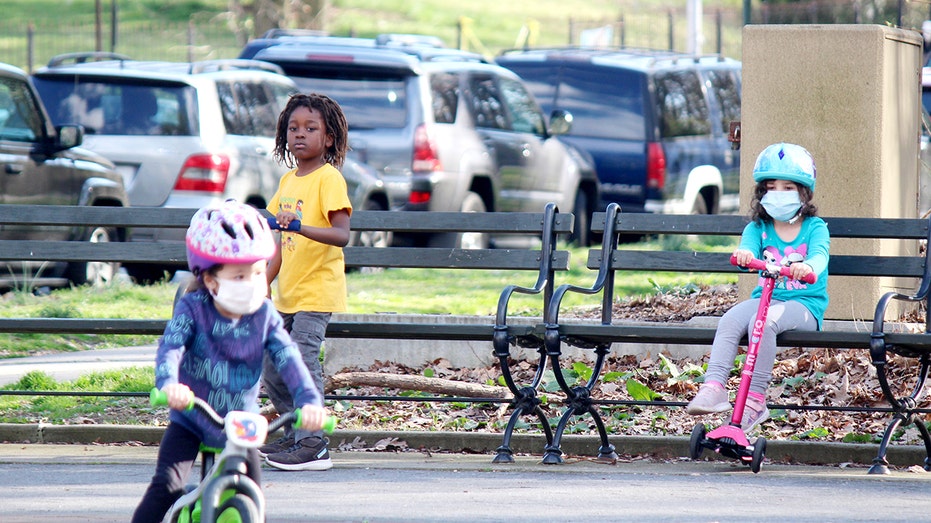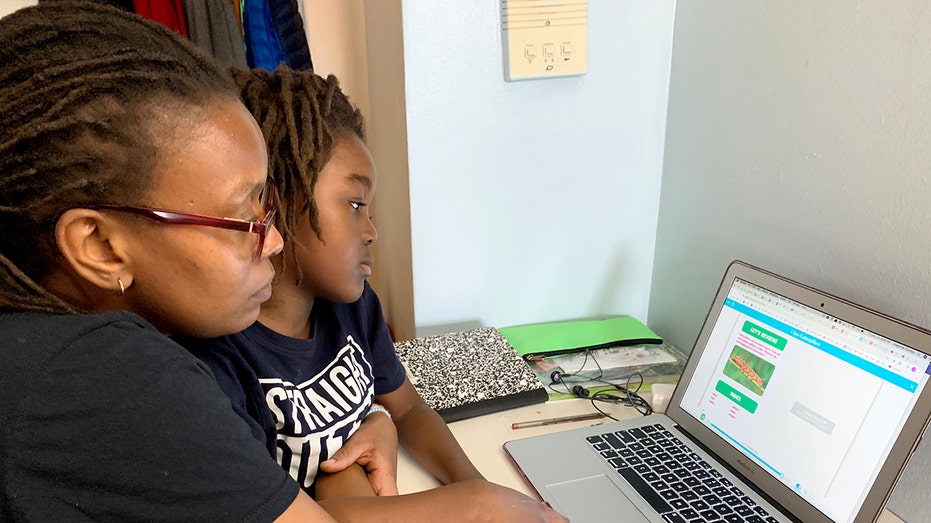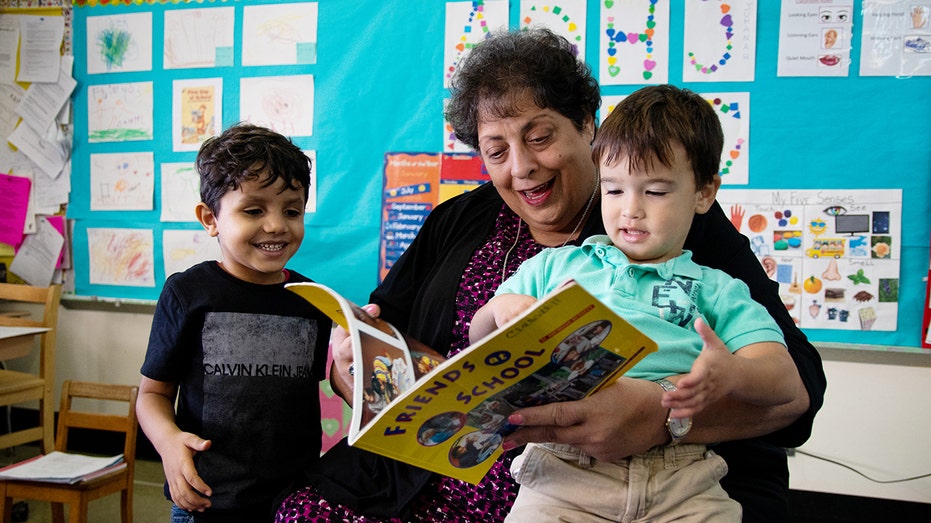Coronavirus creates fresh challenges for special education
'Between a rock and a hard place'
As the coronavirus pandemic radically alters the way of life Americans had before this year, special education faces a unique challenge.
Schools specializing in the field are struggling to meet the needs of students who, in addition to regular classroom instruction, often require physical, speech and occupational therapy.
Carol Verdi, who oversees four schools as executive Vice President of Education at Heart Share, attributes the initial challenges to lack of training and specific guidelines that address the extended school closure caused by the COVID-19 outbreak.
Verdi’s schools have had to adapt to remote learning and find ways of supplementing daily education. This has included sending daily suggestions to parents on activities to do at home, establishing a YouTube Channel where teachers share informational videos and weekly calls from the school nurse.
AUTISTIC PEOPLE CAN DRAW ON THEIR STRENGTHS TO RUN THEIR OWN COMPANIES
Remote learning, however, has yielded mixed results. Children with cognitive disabilities often have reduced attention spans that lessen the time they can successfully engage online. The effort is further complicated by lack of equipment.
“Not a lot of people have updated equipment,” said Melissa Montes, director of education at Heart Share First Step Pre-school. “The teachers and their assistants have to use their personal cellphones and computers. Some parents also don’t have devices.”
Although there have been efforts to supply students with devices, there is no guarantee that these will be received, Montes pointed out.

Jayden (in yellow), who has autism plays at a park in Queens, New York. (Photo: James Okungu)
Stay-at-home orders have compelled parents to pick up the skills needed to fill in the gaps left by tele-health services, said Megan Miller, a supervising behavior analyst.
“Families are learning and understanding what we do, and it’s helping them to better help their kids,” she said.
Miller, who has switched to remote supervision of her sessions, is concerned about therapists still offering in-person sessions.
HERE'S HOW MUCH AUTISM CAN COST AMERICAN FAMILIES
“Personally, I don’t feel comfortable going in because our kids, unfortunately, fall into the high-risk category,” she said. “They (therapy agencies) have not given anybody any protective equipment, not as much as a hand sanitizer.”
As a result of the additional demand on parents, many currently working from home, educators and therapists are noticing a burnout.
Montes attributes it to the new demands placed on families with other children who are also relying on virtual learning and points to closure of stationery stores as a setback to remote schooling.
Some families prefer not to have additional people in their homes, given the higher risk of infection at present, while others don’t recognize remote sessions as a beneficial format, according to Miller.
GET FOX BUSINESS ON THE GO BY CLICKING HERE
Pointing to guidelines issued by the Department of Education, Christopher Czerwonka, a special education attorney and adjunct professor of law at Hofstra University, observed that school districts continue to have a responsibility to provide the maximum level of services possible in a remote-learning setting.
“The obligation to provide a free appropriate public education doesn’t go away just because we’ve transitioned to remote learning,” he said. “You can’t just say, ‘Your needs are too complex, and we are not going to provide for them.’”
Czerwonka, who has mentored school-aged children, is worried about regression in kids with cognitive disabilities and attention deficits, a concern shared by Heart Share Schools, which looks forward to resumption of general schooling.

Jayden, a child with autism attends a remote learning session with his mother in New York.
Verdi worries that the extended closures might interfere with school tours by families as they look for placement for the new school year.
“How do I open a school if I’m down 10 classrooms across the four schools?” she asked. “It’s a little scary to think about that if they say we don’t open til September.”
According to Verdi, there is also concern about what school life will entail after the pandemic. Would schools be required to have isolation rooms to quarantine students should they develop symptoms?
“There are so many unanswered questions, and so many things need to be addressed,” she added. "You really feel like you are between a rock and a hard place."
GOLDMAN SACHS TO HIRE MORE PEOPLE WITH AUTISM, DYSLEXIA AND OTHER DISORDERS
Therapists like Miller are concerned about reintegrating kids into a normal routine, anticipating they may have to take steps backward from more advanced skills training to revisit basic tasks like appropriate play techniques, establishing joint attention and patience.
The economic downturn caused by the coronavirus pandemic lockdown has also impacted government agencies that provide services to children with special needs.
Miller said that several therapists have either been laid off or furloughed and there have been discussions on salary reductions as a result of fewer clients requesting services.

Carol Verdi reads to students at a HeartShare School. (HeartShare)
For educators at Heart Share School, lessening the burden to parents is a priority.
Verdi and her team have begun putting together packages with stationery supplies for parents who have indicated need but are concerned about their ability to keep that up over the long term.
"My No. 1 priority is checking with our families and seeing how they are doing," Montes said. "Are they OK? Where are they socially and emotionally?"
Therapists, teachers and their assistants are becoming heroes to some parents in the process.
"What surprised me the most is the commitment, devotion and heart that my staff have. They have gone above and beyond," Montes said. "I have teachers calling families on a daily basis ... it surprises me just how far they are willing to go for these kids."




















